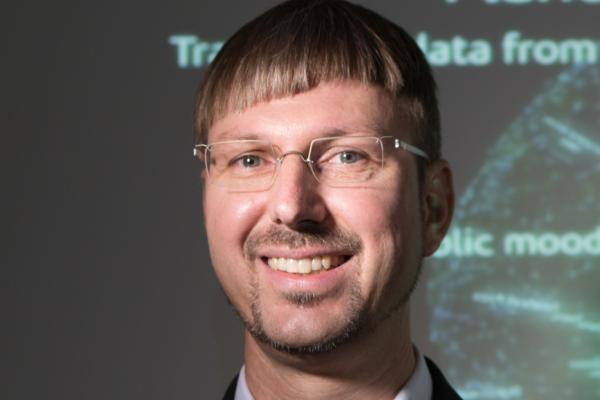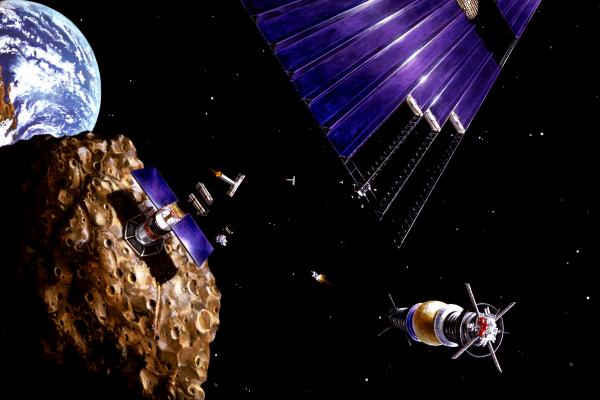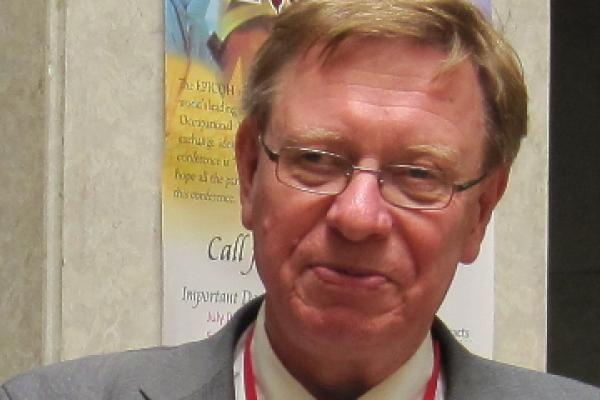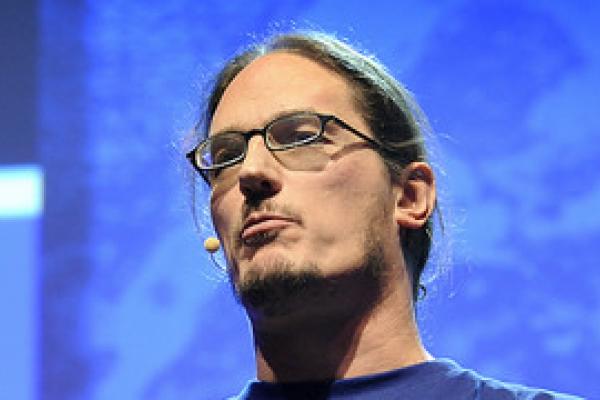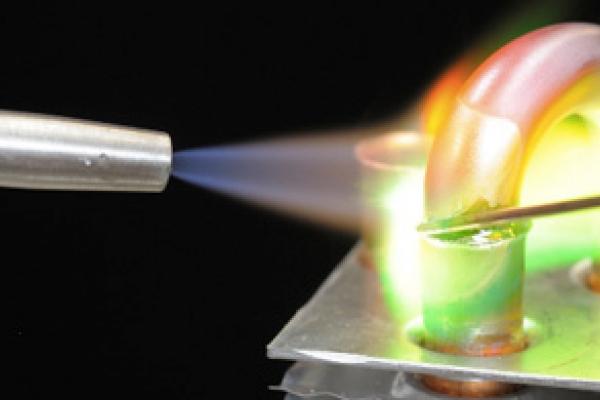Almost 50 000 Google searches per second, 3 billion internet users, 500 million tweets per day – the data centres that underpin our information age now use 2 % of Europe's energy, researchers…
Europe needs to pursue a different strategy from Silicon Valley if it is going to reap the social and economic benefits of big data, according to Dirk Helbing, Professor of Computational Social…
Seeing a shark jump out at you on the street may seem like a scene from a movie, but new digital technology that combines lasers and micromirrors to create a 3D effect without the need for glasses…
Researchers are preparing for missions to capture asteroids and bring them closer to the earth, where they could one day be mined and even provide a source of fuel for interplanetary spacecraft.
Nanomaterials are revolutionising electronics, paints, construction materials and even cosmetics. But are nanomaterials safe? Scientists are optimistic that the answer is yes, but a major European…
Professor Kai Savolainen, director of the Nanosafety Research Centre at the Finnish Institute of Occupational Health in Helsinki, coordinates the NanoSafety Cluster. He believes more needs to be done…
Nanomaterials are no more risky than many of the chemicals and materials already used in industry, that’s the finding so far of scientists taking part in a research campaign to make sure they are…
Graphene that can be made in a kitchen blender is opening up a new world of printable electronic devices, according to Professor Jonathan Coleman, speaking after making a presentation at the…
New techniques to split water into hydrogen and oxygen are raising hopes of a clean, cheap energy source that could power everything from blowtorches to a city’s electricity supply.
Professor Jean Tirole from the Toulouse School of Economics in France has been awarded the top prize for economics by a Nobel committee for his work on how to regulate industries that are dominated…






